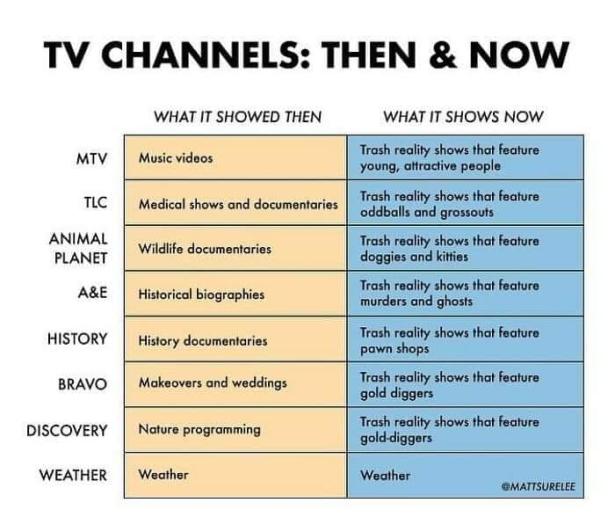- The IRS vs Microsoft
- Mehdi Hasan Gets the Ax - When He’s Most Needed
- America’s School Internet Censorship Machine
- ESPN’s Real Crisis
- The Quantum Computers of Tomorrow
- Report: The Ultimate Quest for Data
- Joan Donovan Calls Out Harvard and Meta
- Giving Surveillance for the Holidays
- Keeping Gaza Connected
- Social Media in the Lebanese Movement
By Paul Kiel
ProPublica
The Microsoft case provides a unique window into tech companies shifting profits to tax havens. Three senators sough more detail about the role of the mega-consultancy KPMG: “KPMG helped Microsoft reward shareholders and executives, while depriving the federal government of billions in tax revenueKPMG clearly played a central role in the systematic offshoring of corporate profits.”
Mehdi Hasan Gets the Ax — When He’s Most Needed
By Perry Bacon Jr.
The Washington Post
Hasan’s diminishment is the latest indication of a worrisome drift in political journalism. The Black Lives Matter movement and the resistance to Donald Trump’s presidency pushed the news media in a more liberal direction. But with Biden in office, many news outlets have tried to recalibrate — most notably CNN, which pushed out several journalists who the network felt were too anti-Republican.
America’s School Internet Censorship Machine
By Todd Feathers and Dhruv Mehrotra
Wired
Thanks in large part to a two-decade-old federal anti-porn law, school districts across the US restrict what students see online using a patchwork of commercial web filters that block vast and often random swathes of the internet. As the national debate over school censorship focuses on controversial book-banning laws, automated web filters can perpetuate ever more dangerous censorship.
By Joel Anderson
Slate
Consumers continue to drop their cable bundles in favor of streaming services, which haven’t yet proven to be as profitable. That shift in viewing habits has shrunk ESPN’s footprint to 71 million homes from a peak of 100 million. For now, the only way for cord-cutters to watch ESPN is through cable.
The Quantum Computers of Tomorrow
By Bryan Walsh
Vox
The Quantum System Two represents a significant step forward in the very long path to bring quantum computing from the lab into the practical world, where such machines could one day solve problems that even the fastest classical supercomputers couldn’t crack in millions of years.
Report: The Ultimate Quest for Data
This report explores how the rampant harvesting of our personal data online has led to discrimination, disclosure of sensitive information and other abuses. It illustrates the urgent need to safeguard our digital privacy and mitigate corporate hunger for our data.
Joan Donovan Calls Out Harvard and Meta
By Matthew Ingram
Columbia Journalism Review
Joan Donovan founded and ran the Technology and Social Change Project, a research effort at Harvard. After years investigating Meta, she was forced out, and Donovan alleges that Meta “inappropriately influenced” her superiors in return for the promise of funding, leading to what she calls a “significant conflict of interest.”
Giving Surveillance for the Holidays
By Thorin Klosowski
Electronic Frontier Foundation
With the holidays upon us, it's easy to default to giving the tech gifts that retailers tend to push on us this time of year: smart speakers, video doorbells, bluetooth trackers, fitness trackers, and other connected gadgets are all very popular gifts. But before you give one, think twice about what you're opting that person into.
By Yasmin Shabana
Quartz
A global campaign is helping connect the Palestinians in Gaza using electronic SIMs (eSIMs). From Egypt, to Lebanon, France, Belgium, the UK, and the US, thousands of Palestinians in the diaspora, along with friends and strangers, rushed to purchase eSIMs—the digital version of the physical SIM cards that store subscriber identity data on mobile phones—gifting them to people in Gaza.
Social Media in the Lebanese Movement
By Mieke Hein
Rosa Luxemburg Stiftung
The Beirut-based independent media platform Megaphone seeks to tackle the difficulties of independent media production in Lebanon, and offer their growing audience an alternative to media outlets that have increasingly become mouthpieces of the country’s rival political factions.


Spread the word